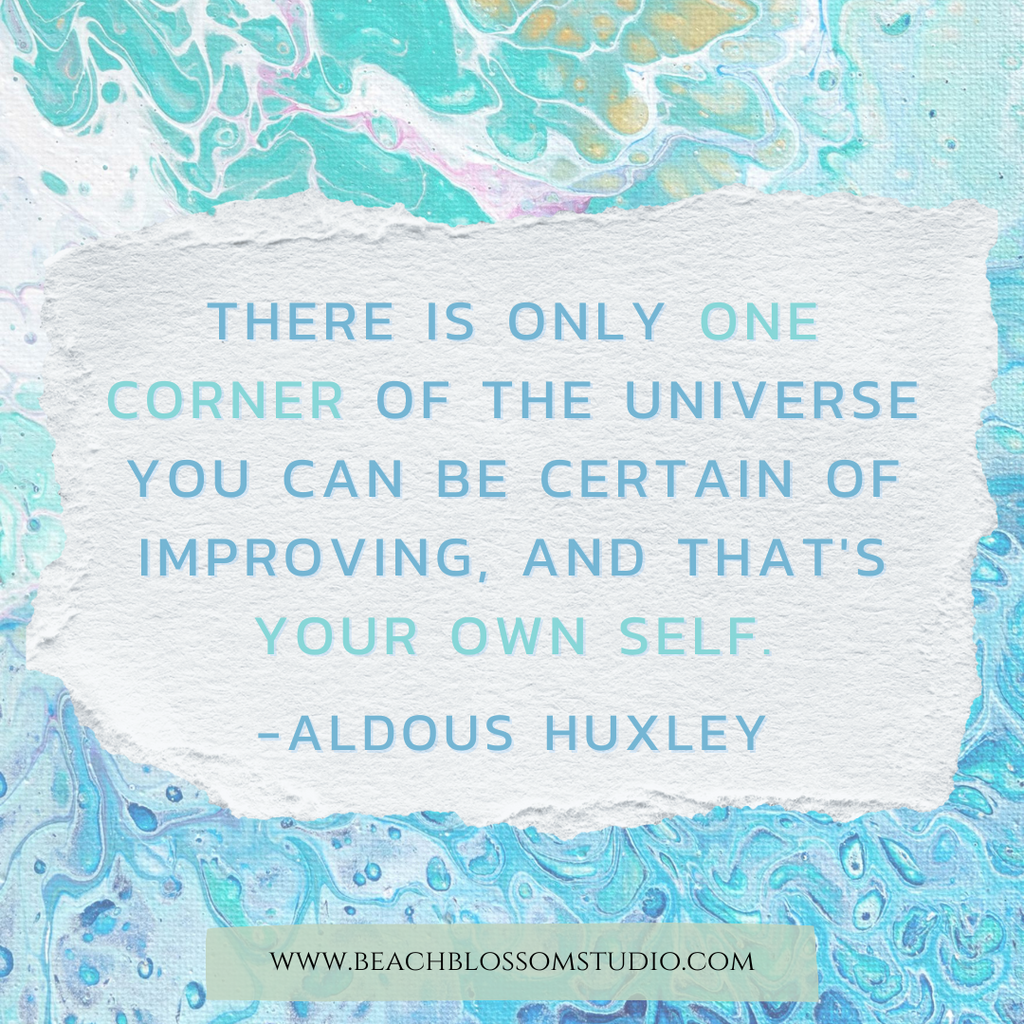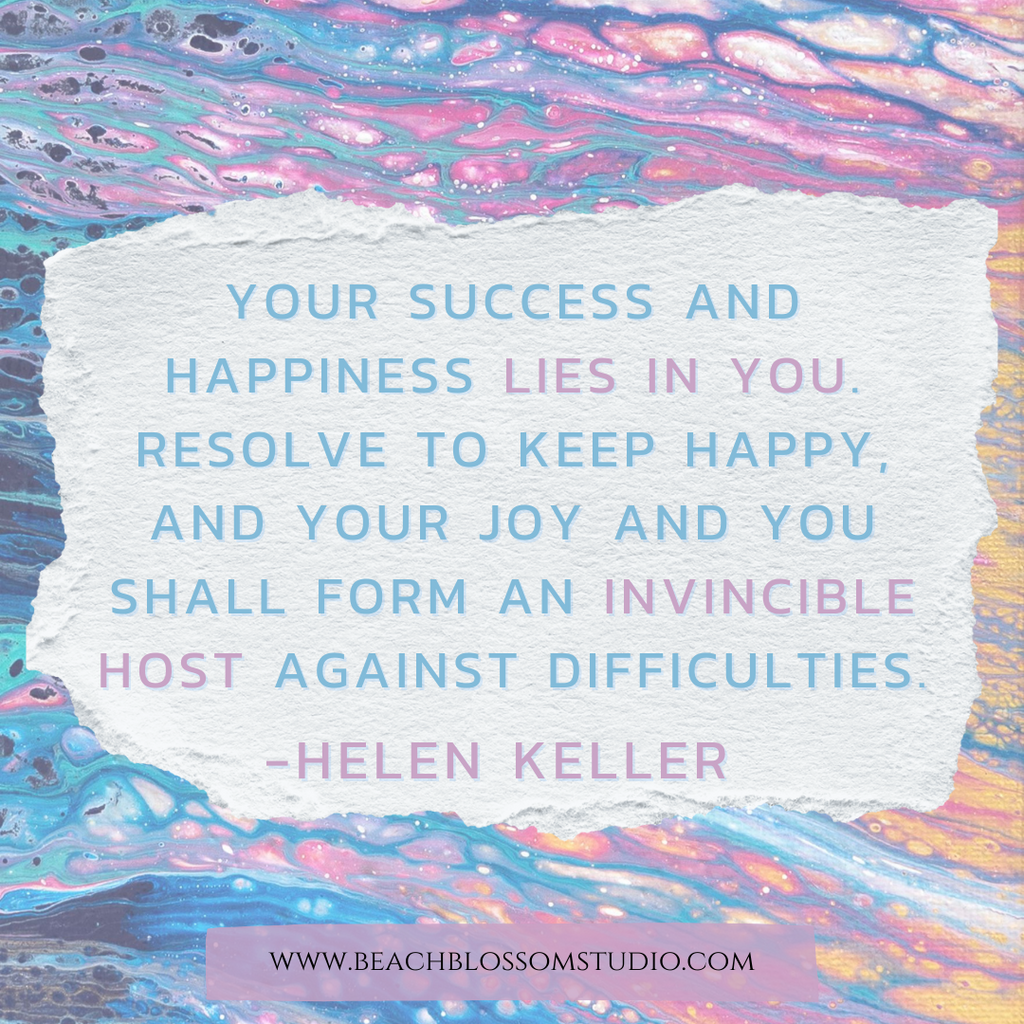Why should you learn how to relax fast? Because stress is more than just unpleasant. It's also dangerous. Many diseases are now known to be caused by or made worse by stress, but you can do something about it. Just try these relaxation techniques today, and use them whenever you feel that tension coming on.

Have a Hot Shower
Taking a hot shower can be an effective and quick way to relax both the mind and body. The hot water can help to loosen up tense muscles and promote relaxation. The break from more stressful activities can also provide a much-needed mental break and help to reduce stress levels.
The warm water can also help to soothe the nervous system and increase blood flow to the muscles, which can help to relieve tension and promote relaxation. This can be particularly helpful for those who suffer from chronic pain or muscle tension. You can also add some aromatherapy to your shower routine by using scented shower gels or essential oils. Lavender and chamomile are known for their calming properties and can help to promote relaxation.
Play Relaxing Music
Music can affect our emotions and mood profoundly. The right type of music can help to calm our minds, reduce stress, and promote relaxation. If you're looking for a quick and easy way to relax, playing some relaxing music could be just what you need.
The first step is to experiment and find which type of music works best for you. Everyone has their preferences when it comes to music, so it's important to find the type of music that helps you to relax the most effectively. Some people prefer classical music, while others may prefer instrumental or nature sounds. Others may find that they prefer more upbeat music, such as jazz or world music.
Once you've found the type of music that works best for you, it's a good idea to keep it on hand so that you can access it whenever you need it. This could be a relaxation CD that you keep in your car or at your office, or it could be a playlist that you have saved on your phone or computer.
Go Somewhere Else
If you're in a stressful environment, such as a busy office or a crowded store, stepping outside for a few minutes can make a big difference. Simply taking a walk around the block or finding a quiet park bench to sit on can help you to clear your mind and reduce stress levels.
If you can't leave the immediate area, try moving to a different room or space. This can be particularly helpful if the source of stress is associated with the room or space you're currently in. For example, if you're feeling overwhelmed by the clutter in your office, try moving to a different area of the office where you can work without distraction.
If you're at home and feeling stressed, consider going for a drive or taking a walk in your neighbourhood. This can help you to get some fresh air and clear your mind. You may also want to consider finding a quiet spot, such as a park or a local library, where you can spend some time in solitude.
Getting away from the source of stress can also give you a new perspective and help you to see things more clearly. When you're in the midst of a stressful situation, it can be difficult to think clearly or make rational decisions. By stepping away from the situation for a little while, you can come back with a fresh perspective and a clearer mind.
Have a Cup of Chamomile Tea
Chamomile tea has been used for centuries as a natural remedy for promoting relaxation and reducing stress levels. Chamomile tea is widely available in health food stores, grocery stores, and online.
Chamomile is believed to have a calming effect on the nerves, which can help to promote relaxation and reduce feelings of anxiety and stress. It contains compounds called flavonoids, which have been shown to have anti-inflammatory and antioxidant properties. These compounds may help to reduce inflammation and oxidative stress in the body, which is both associated with chronic stress and anxiety.
In addition to its calming properties, drinking a hot cup of tea can be a relaxing experience in itself. The warmth of the tea can help to soothe tense muscles and promote a sense of calm.
Watch Your Mind
Watching your mind means being aware of your thoughts and emotions, and observing them without judgment. When you're feeling stressed, it can be easy to get caught up in negative thoughts and emotions, which can make the situation worse. By paying attention to your thoughts and emotions, you can become more aware of what is causing your stress and take steps to address it.

Have a Laugh
Laughter is a natural stress reliever and has been shown to have a positive effect on the mind and body. When we laugh, our brain releases endorphins, which are natural feel-good chemicals that help reduce stress and promote relaxation.
One way to laugh is to find someone who knows all the best jokes. Spending time with someone who has a great sense of humor can be a great way to unwind and forget about your stress for a little while. Whether it's a friend, coworker, or family member, finding someone who can make you laugh is a great way to promote relaxation.
Another way to laugh is to find something funny in front of you. This could be a funny meme, a comedic TV show or movie, or even a silly video on social media. Taking a few minutes to watch or read something funny can help break the cycle of stress and give you a much-needed break.
Breath Deep Through Your Nose
To practice deep breathing, simply close your eyes and focus on your breath. Take a slow, deep breath in through your nose, feeling your belly expand as you inhale. Hold your breath for a few seconds, and then exhale slowly through your mouth, feeling your belly contract as you breathe out. Repeat this process for five slow, deep breaths.
By focusing on your breath and blocking out distractions, you can create a sense of calm and relaxation in just a few minutes. This is why deep breathing is often used in meditation practices, as it can help quiet the mind and promote a sense of inner peace.
Take a Walk
Taking a walk is a simple yet effective way to quickly relax and reduce stress. Walking has been shown to have a variety of health benefits, including improving mood, boosting energy levels, and reducing anxiety.
When you take a walk, you give yourself a break from the stressors of everyday life and allow yourself to connect with the world around you. Walking outdoors, especially in a natural setting, can be particularly beneficial as it has been shown to have a calming effect on the mind and body.
To get the most out of your walk, try to find a pretty place to walk while you're at it. This could be a park, a beach, a forest trail, or any other location that you find peaceful and relaxing. By surrounding yourself with natural beauty, you can create a sense of calm and relaxation that can help reduce stress and promote well-being.
Give Someone a Hug
Hugging someone is a simple yet effective way to quickly relax and reduce stress. Hugging has been shown to have a variety of health benefits, including reducing anxiety, lowering blood pressure, and improving mood.
When we hug someone, our body releases oxytocin, a hormone that promotes feelings of bonding and relaxation. This can help reduce stress and promote a sense of well-being.
To get the most out of a hug, it's important to hug someone you feel comfortable hugging. This could be a friend, family member, or partner. It's also important to ensure that the hug is consensual and that both parties feel comfortable and safe.

Interrupt Your Routine
One way to interrupt your routine is to stop and talk to someone you wouldn't normally talk to. This could be a stranger on the street, a coworker you don't usually interact with, or someone sleeping on a bench. By engaging with someone new, you can create a sense of connection and break out of your usual social patterns.
Another way to interrupt your routine is to change your environment. For example, you could eat lunch on the roof instead of in the break room, or take a walk through a different part of town. By experiencing new sights and sounds, you can create a sense of novelty and excitement that can help reduce stress and promote well-being.
Interrupting your routine can also be a great way to practice mindfulness. By breaking out of your usual patterns, you allow yourself to be fully present in the moment and experience the world around you. This can help reduce stress and promote a sense of calm and relaxation.
Remember
Over time you can change to be more relaxed. Of course, if the thought of the work involved in this just stresses you more, you might want to take it slow.
By taking it slow, practicing simple techniques, and making lifestyle changes that support relaxation, you can become more skilled at managing stress and promoting relaxation. So why not try a few relaxation techniques today and see how they can help you feel more relaxed and at ease?













